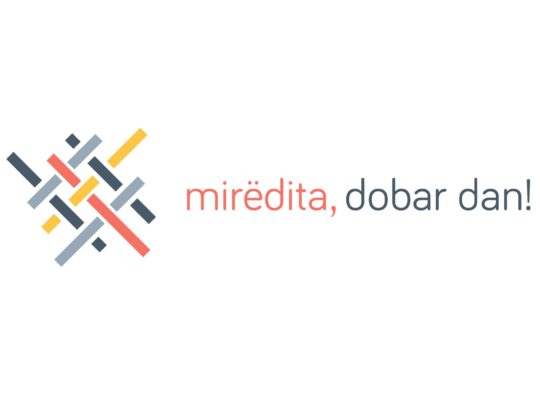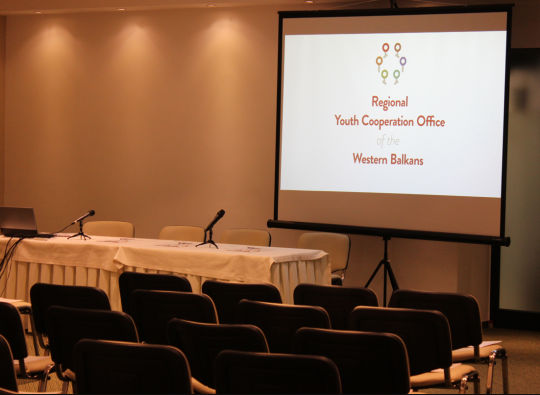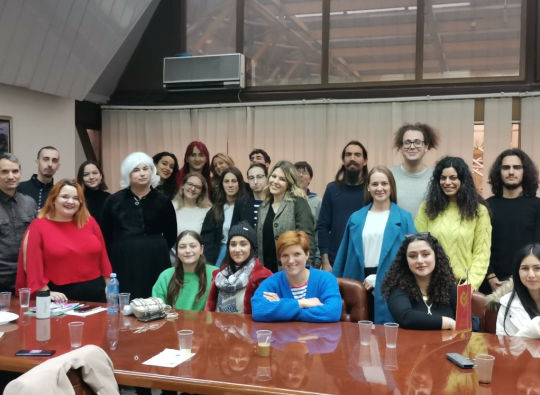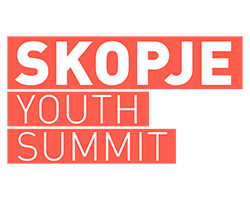Still, the stories of five survivors, facts established by courts and awareness about the crime and those who allowed it and committed it oblige us to keep reminding Serbian society that without recognition of victims and admitting state’s responsibility for the crimes, there will be no lasting peace between Serbia and Kosovo.
At the beginning of the NATO intervention in Federal Republic of Yugoslavia on 24 March 1999, the wave of systematic violence against the Kosovo Albanians by the Serbian Police and Yugoslav Army intensified. Thus, on 28 March 1999, in Podujevo, reserve troops of the Special Anti-Terrorist Unit (SAJ) called Scorpions burst into the first Albanian house they stumbled upon entering the town and killed fourteen Albanian civilians there: Shpetim Bogujevci (10), Shpend Bogujevci (13), Sala Bogujevci (39), Nora Bogujevci (15), Shefkete Bogujevci (43), Shehide Bogujevci (67), Nefise Bogujevci Llugialiu (54), Fezdrije Llugialiu (21), Dafina Duriqi (9), Arber Duriqi (7), Mimoze Duriqi (4), Albin Duriqi (2), Fitnete Duriqi (36) and Isma Duriqi (69). Five children – Saranda, Fatos, Jehona, Lirie and Genc Bogujevci survived the shooting, but sustained severe injuries. After the shooting, the five children were taken to the hospital in Pristhina and continued their medical treatment in Manchester (UK).
Four years later, the trial of Saša Cvjetan, member of the Scorpions, started before the District Court in Belgrade. The five children survivors testified in this case and in 2005 Saša Cvjetan was finally sentenced to 20 years of imprisonment for participating in the killing of fourteen Albanian civilians and severely injuring the five children.
Although he never showed remorse for the crimes he committed, but rather denied any guilt, Saša Cvjetan was released from prison on 22 March 2018, having served two-thirds of his sentence.
Other members of the Scorpions, who also participated in this crime – Željko Đukić, Dragan Medić and Dragan Borojević were finally sentenced to 20 and Miodrag Šolaja to 15 years’ imprisonment before the War Crimes Department of the Higher Court in Belgrade in 2010. Dejan Demirović, who fled to Canada as early as in 2001, was extradited to Serbia four years later and became a witness-collaborator in these proceedings.
An exhibition produced by the Heartefact Fund titled “Bogujevci/Virtual History, A Homage to All the Families and Victims of War” was opened at the Belgrade Cultural Centre in 2013. The exhibition was jointly designed and realised by Saranda, Fatos and Jehona Bogujevci, the children who survived the Podujevo massacre.
The exhibition consists of four connected sections: a living room, a hospital, a family tree, and a courtroom, and represents an attempt to tell the story of massacre, suffering, recovery, as well as yearning for truth and justice. At the invitation of Nataša Kandić, founder of the Humanitarian Law Centre, the exhibition was visited by the then Commander of the Special Anti-Terrorist Unit Spasoje Vulević and Dragan Marković, also SAJ member, who saved the five children from Podujevo. The exhibition provoked numerous reactions in Serbia and was also visited by Ivica Dačić, Serbian Prime Minister at the time. His gesture remains a rare example of respect for Albanian victims by the Serbian authorities.
On 16 December 2015, the First Basic Court in Belgrade passed a judgment ordering the Republic of Serbia to pay damages in the total amount of RSD 25.9 million for the 24 closest relatives of the fourteen women and children killed by the Scorpions in front of their homes in Podujevo in March 1999. The Humanitarian Law Centre, which represent victims’ families, stated that after nine years of the proceedings, the court passed the right judgment and that in the second instance proceedings, because of the nature of the case, the court should have to adjust the amounts of the compensation to the standards of the European Court for Human Rights in similar cases.
This was the first judgment in Serbia awarding compensation for established responsibility of the state of Serbia for the crime its forces committed against Albanian civilians during the conflict in Kosovo.
Photo: kosovo.sense-agency.com









